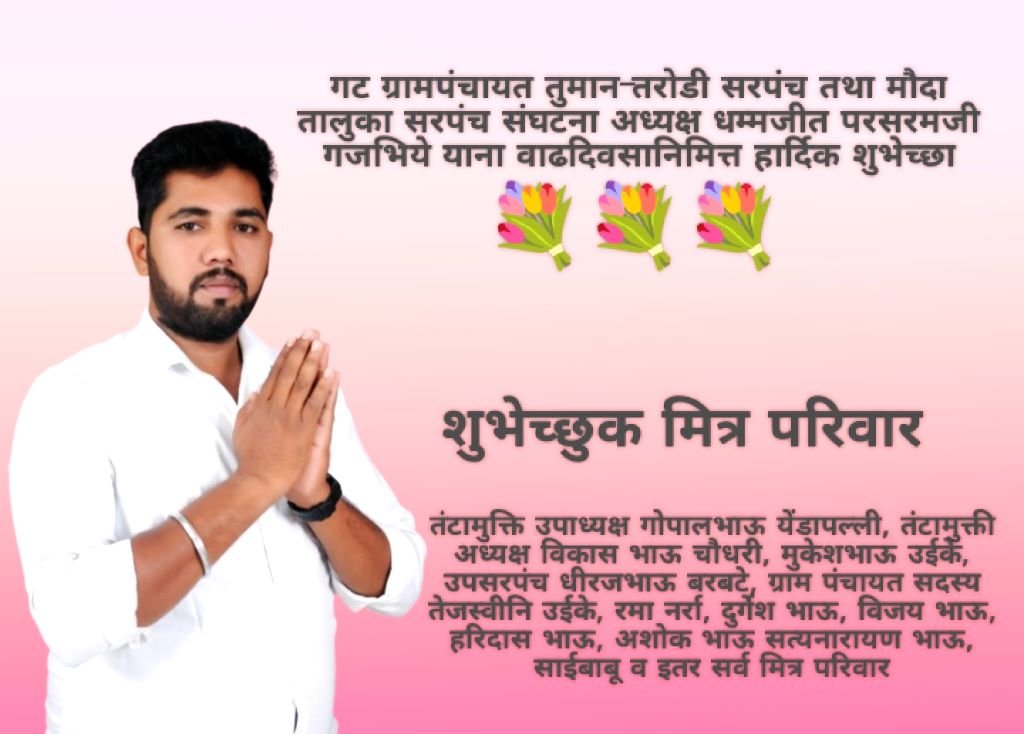The Nobel winning Israeli Crystallographer addressed 108th Indian Science Congress
NAGPUR :- Expecting humans to develop resistance in any case, most pharmaceutical companies have stopped searching for new antibiotics, said Nobel Laureate, Dr. Ada Yonath, in her talk at the 108th Indian Science Congress.
Dr. Yonath, has developed a technique called ‘cryocrystallography’ in which protein crystals are rapidly cooled thereby overcoming the limitations of traditional X-Ray crystallography techniques. She was awarded the 2009 Nobel Prize for Chemistry for her research into atomic structure and function of cellular called ribosomes. Her later research was concerned with determining the atomic structure of antibiotics.
She presented her work as “a modest contribution” towards controlling or combating antibiotic resistance. “Most pharmaceutical companies have stopped searching for new antibiotics,” she said. The human body will develop resistance to existing antibiotics because “apparently bacteria want to live.” Her research for combating this antibiotics resistance is therefore of utmost importance.
On her journey in science, she said “Curiosity and passion brought me to where I am now, while enjoying the work.” There is a need to foster curiosity-based research, she stressed. “When I became a young scientist, I thought that the translation of the instructions embedded in the genetic code into proteins is one the most interesting life processes. Therefore, I focused on it,” she said.
She said, there are about 25,000 different types of proteins in an adult human body. Each of the 100,000 billion cells in human bodies contains around a billion protein molecules, and these are produced constantly.
Taking lessons from the bear’s winter sleep, she said their ribosomes are orderly packed on the inner side of their cell membranes, indicating that Ribosomes can be orderly packed. Ribosomes had been considered non-crystallizable. The solution was crystallisation of ribosomes from bacteria that live under extreme conditions, since they are more robust and may possess the tendency to pack orderly, she said.
Revealing the human behind the scientist, Dr. Yonath described being ‘awarded’ “The Best Grandma of The Year” by her granddaughter as her life’s “biggest achievement,” to loud applause from the enthralled audience.
Earlier, Dr. Subhash Chaudhari, Vice Chancellor, RTM Nagpur University felicitated Dr. Yonath with a ceremonial gold medal and made the opening remarks. Dr. Prashant B. Maheshwari, Dean, Faculty of Science and Technology, RTMNU, introduced the eminent speaker. Dr. Shyam Koreti, Associate Dean, Humanities, conducted the programme and proposed a vote of thanks. Prominently present were Pro Vice Chancellor, Dr. Sajay Dudhe, Registrar Dr. Raju Hiwase, Deans Dr. Sanjay Kavishwar and Dr. Dattatray Wathode, and the Nobel Laureate’s daughter, Dr. Hagitha Yonath.




